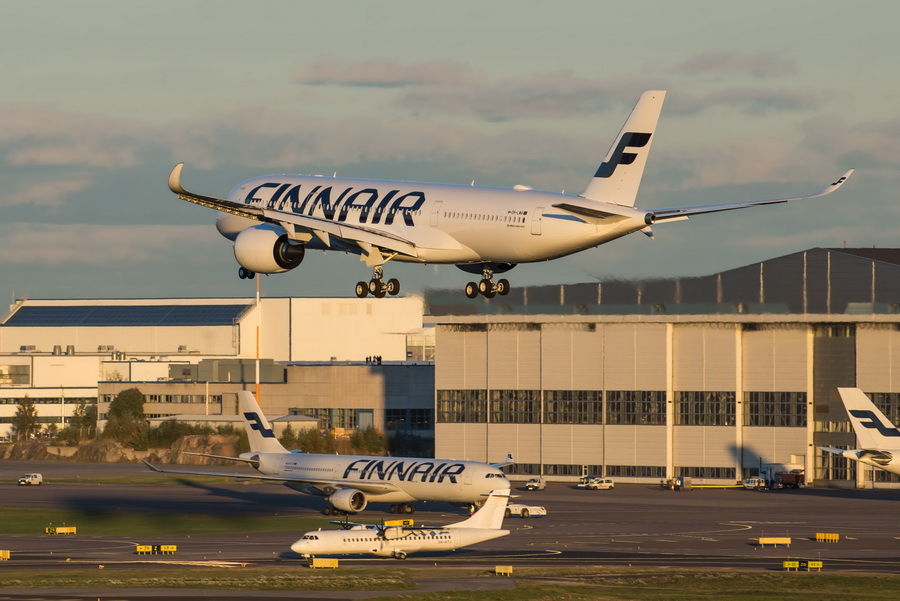Finnair goes green and in response to customer demand
Contributors are not employed, compensated or governed by TD, opinions and statements are from the contributor directly

With the issue of sustainability and eco-responsibility becoming more and more pressing across the travel industry, environmentally sound business practices are an essential aspect for any forward thinking organisation.
A responsibility which Finnair has thrown itself into with gusto by announcing it has created a new ‘green’ service which will help customers reduce the airline’s CO2 emissions, by paying a “voluntary contribution” on top of the face value of their ticket. Alternatively passengers can opt for the price of biofuel to be included and “blended” on a later flight.
The move follows a study conducted by the carrier which revealed 94% of Finns want to reduce air travel emissions. More than three quarters (76%) were willing to pay for this as part of their ticket fare, but only if the extra money was ring-fenced for environmental initiatives.
“Feedback from our customers shows that environmental awareness has clearly increased”
Pekka Vauramo, Finnair chief executive officer, said: “The study – as well as the direct feedback from our customers – shows that environmental awareness has clearly increased. It was great to see that so many customers are ready to invest in more responsible air travel. It is very important for us that the alternatives we offer will actually help to reduce the carbon load.
“Investment in new fuel-efficient aircraft is our most important and impactful environmental action”
Vauramo went on to opine on the importance of having the right aircraft when considering how best to approach enviromental issues: “Investment in new fuel-efficient aircraft is our most important and impactful environmental action, but we also work with the environment in mind in our daily flight operations, and we participate in international initiatives to reduce emissions.”
Indeed, over half of Finnair’s current long-haul fleet is made up of the Airbus A350s (main picture), which consume up to a quarter of the fuel needed by previous generation aircraft.
The International Civil Aviation Organisation (ICAO) has predicted that that global aviation emissions will be 70% higher in 2020 than they were in 2005. And with passenger traffic set to double over the next 20 years, these levels could increase between a further 300 to 700% by 2050.


Comments are closed.